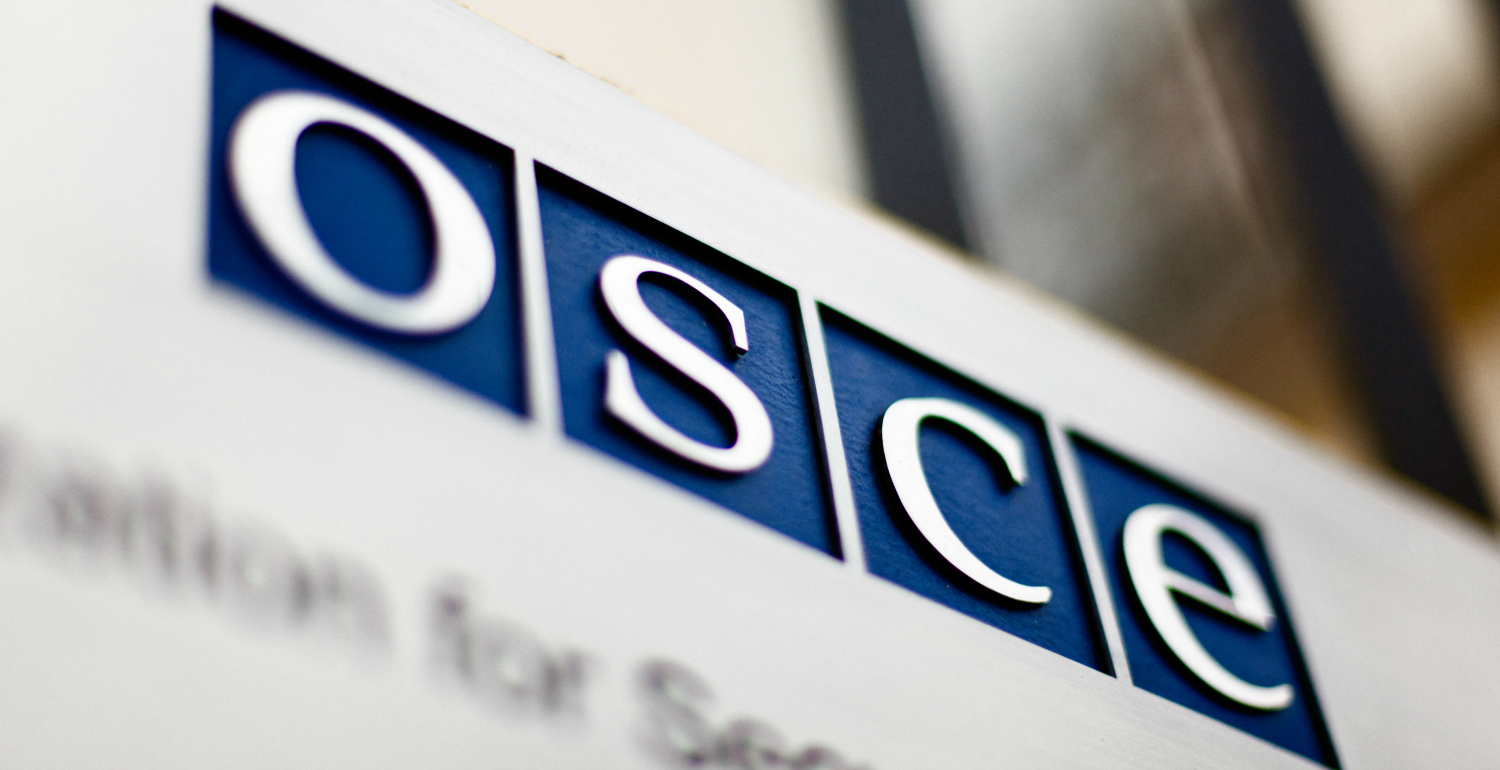The Co-Chairman of the Commission on Security and Cooperation in Europe, Hon. Benjamin L. Cardin, presided ove this hearing focused on combating anti-Semitism in the OSCE region.
He was join by Commissioner Christopher H. Smith; Gert Weisserchen, personal representative of the Chariman of the OSCE on combating anti-Semitism; and Kathrin Meyer, an advisor on anti-Semitism issues.
It was the first of a series of Commission hearings focused on reviewing efforts to monitor and combat anti-Semitic activities throughout the OSCE region.
The hearing was designed to establish the record of what was happening within the OSCE region, including in North America, living up to the mandate that started in 2002 of ridding the OSCE region – indeed, ridding the world – of anti-Semitism.






